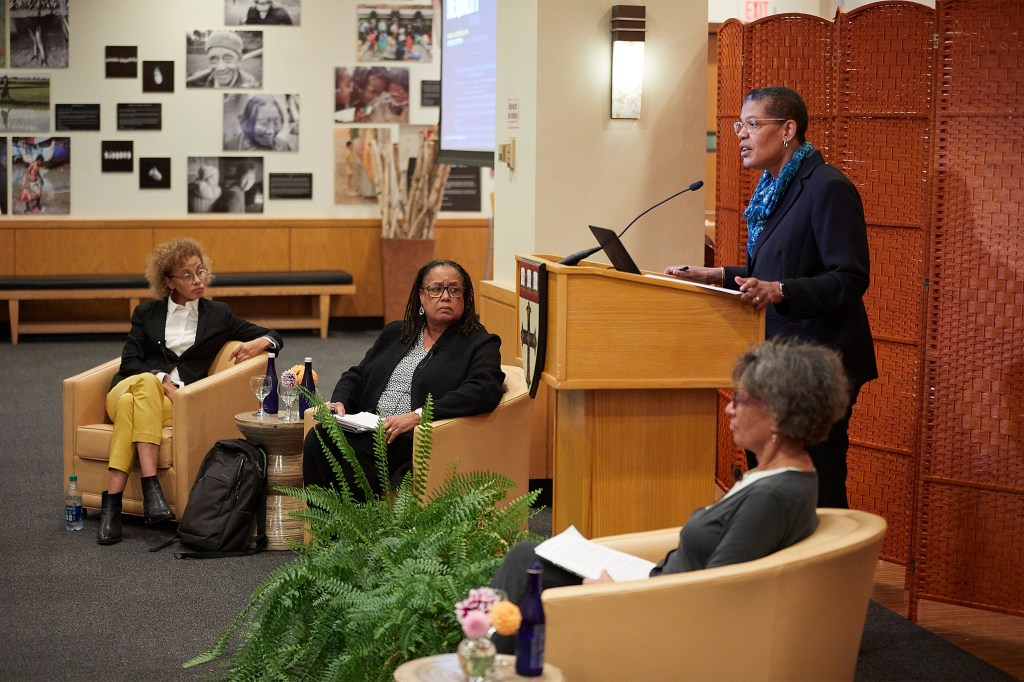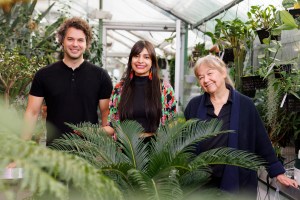Nation & World
-
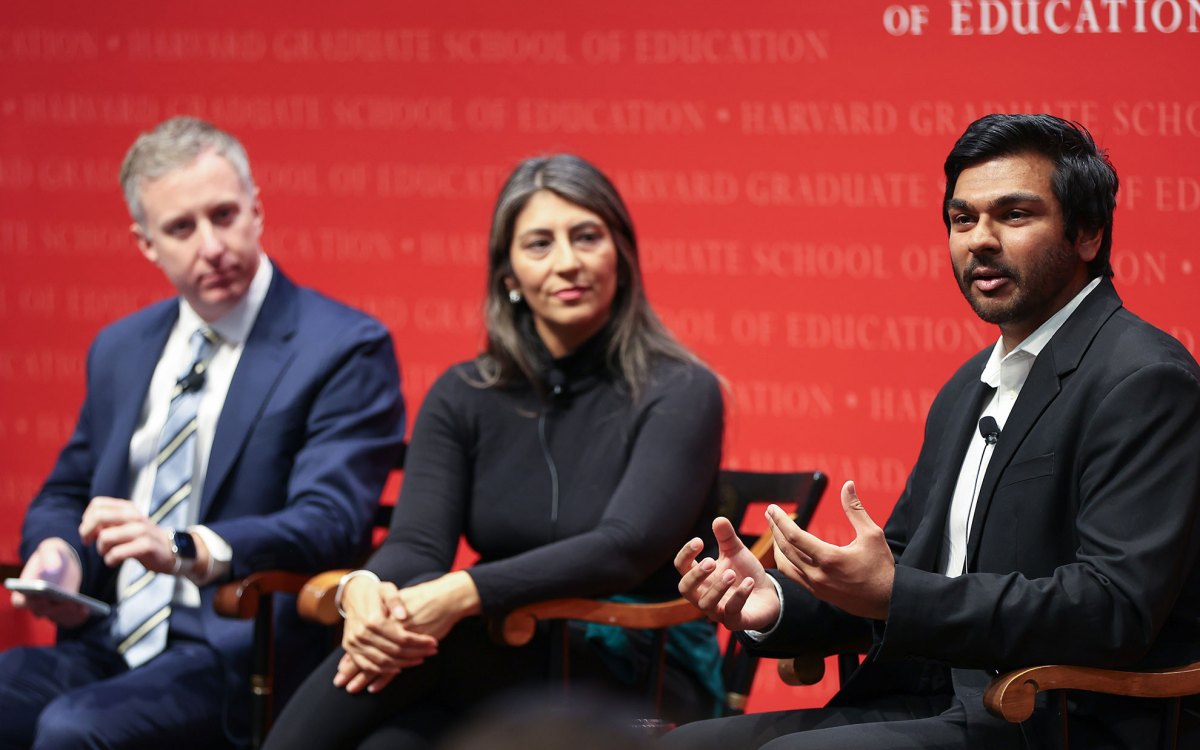
What’s working, not on front lines of AI in classroom
Tech, education experts share new initiatives on learner profiles, making STEM more accessible, ‘microschool’ experiments
-
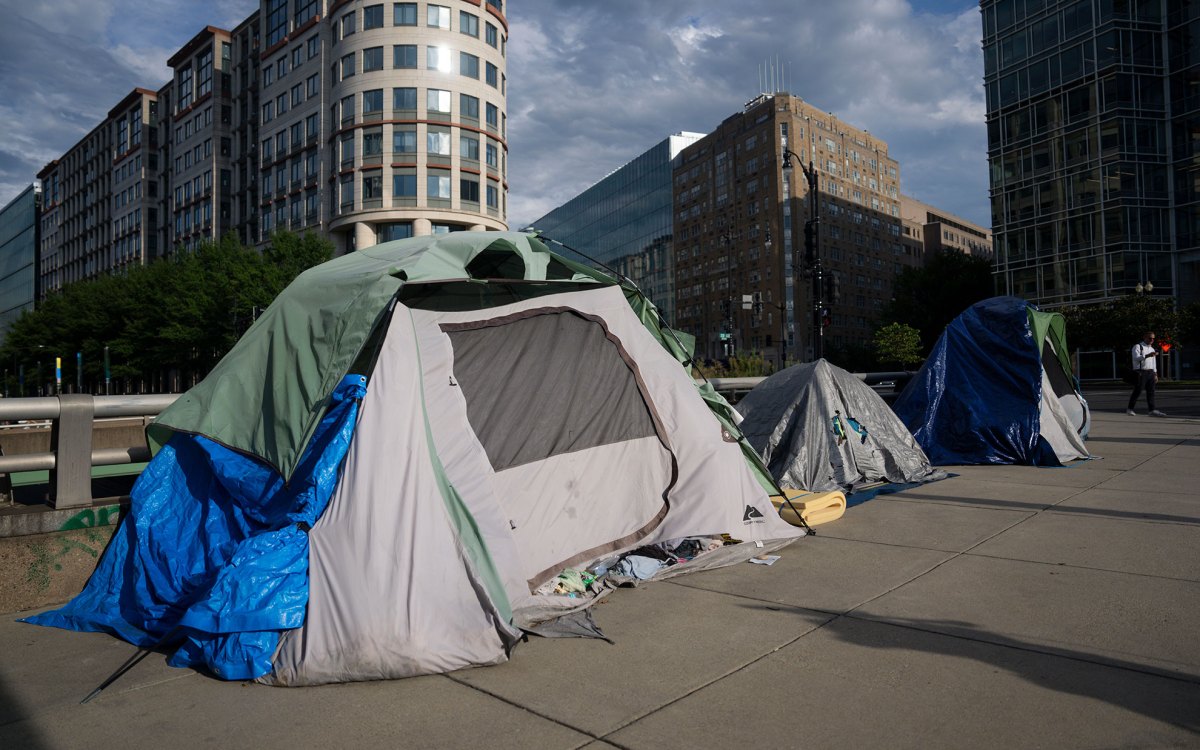
A call for corporate America to step up on homeless crisis
Business School initiative brings together leaders from business, government, academia
-

Think the viral meme of that legislator is funny?
Political philosopher says rampant schadenfreude among electorate poses risk to democracy
-
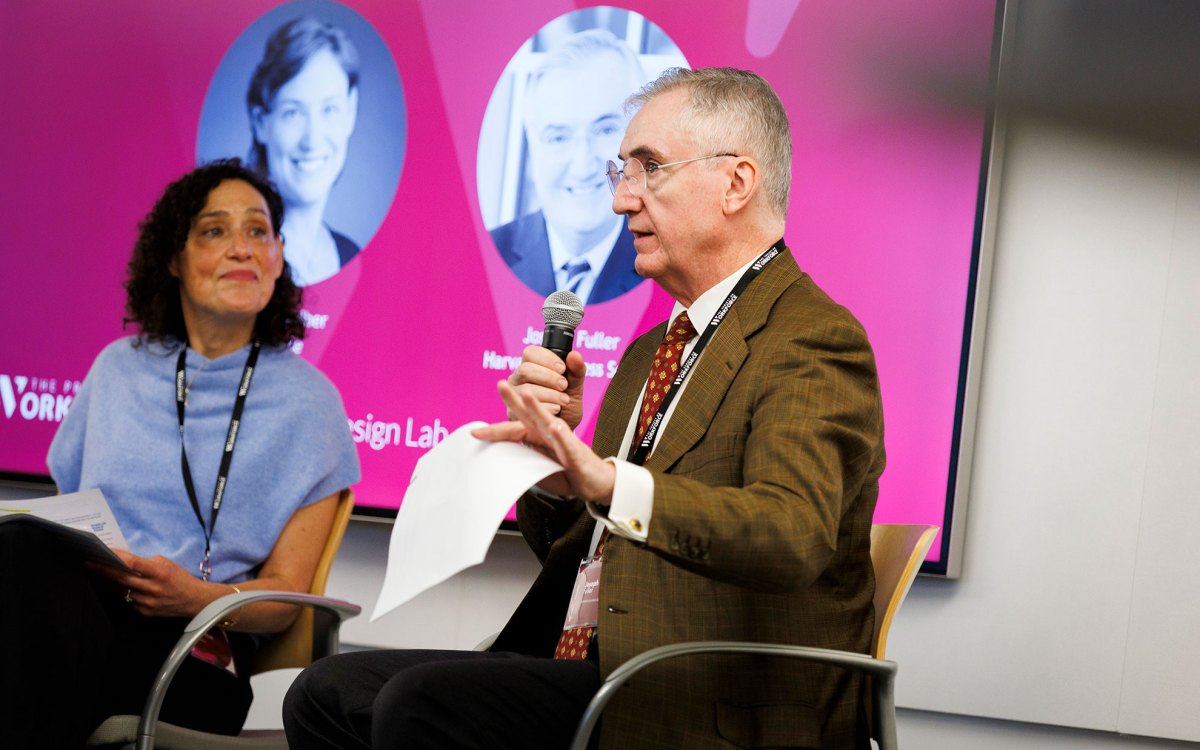
How AI is disrupting classroom, curriculum at community colleges
Conference examines ways to deal with unique vocational, educational challenges
-

Girls fell further behind in math during, after pandemic
Leading sociologist says emotional, family, social disruptions likelier cause than school closures
-
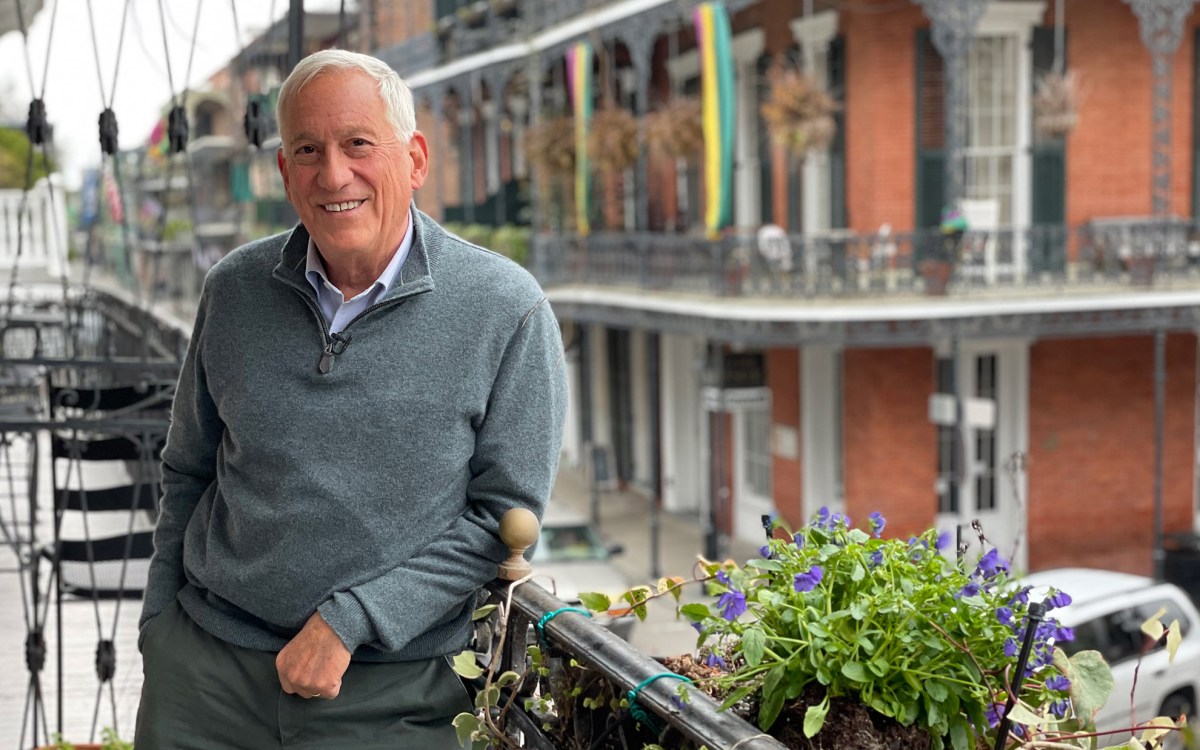
Our self-evident truths
New book takes as focus ‘greatest sentence ever written,’ how it may help a riven nation recall common values
-
Two-parent homes aren’t the key for all
A postdoctoral scholar and incoming assistant professor, Christina Cross talks about rethinking the ideal family, the limits of demographic research, and policy alternatives for alleviating poverty in America.
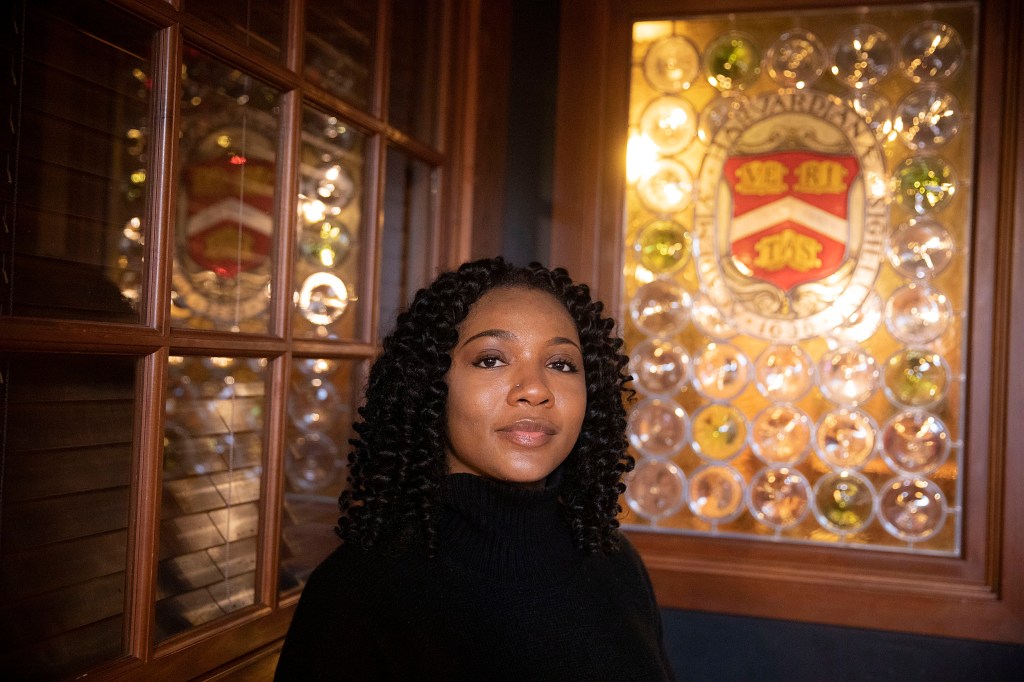
-
Should Medicare for All be Democrats’ top priority?
Health care experts discussed whether revolutionary change to a single-payer national health insurance plan or more incremental change from tweaking the ACA is preferable should Democrats pick up power in November.
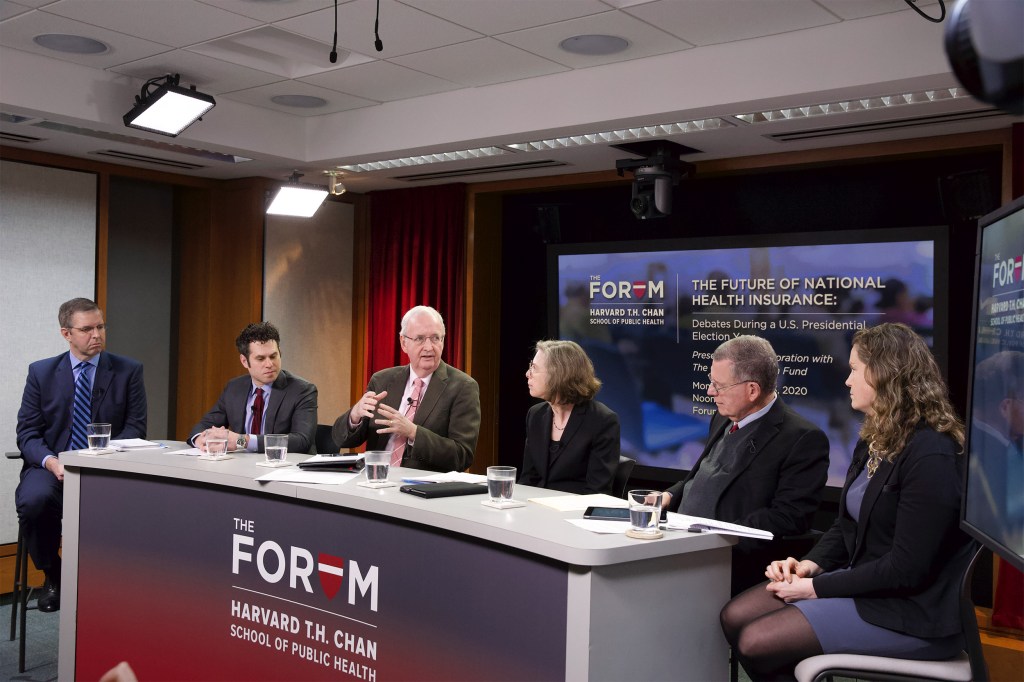
-
On the brink of war
U.S. Ambassador Wendy Sherman discusses the dangers posed by Iran’s announcement that it will not abide by limits set forth in the 2015 nuclear deal, an accord she negotiated on behalf of the U.S.
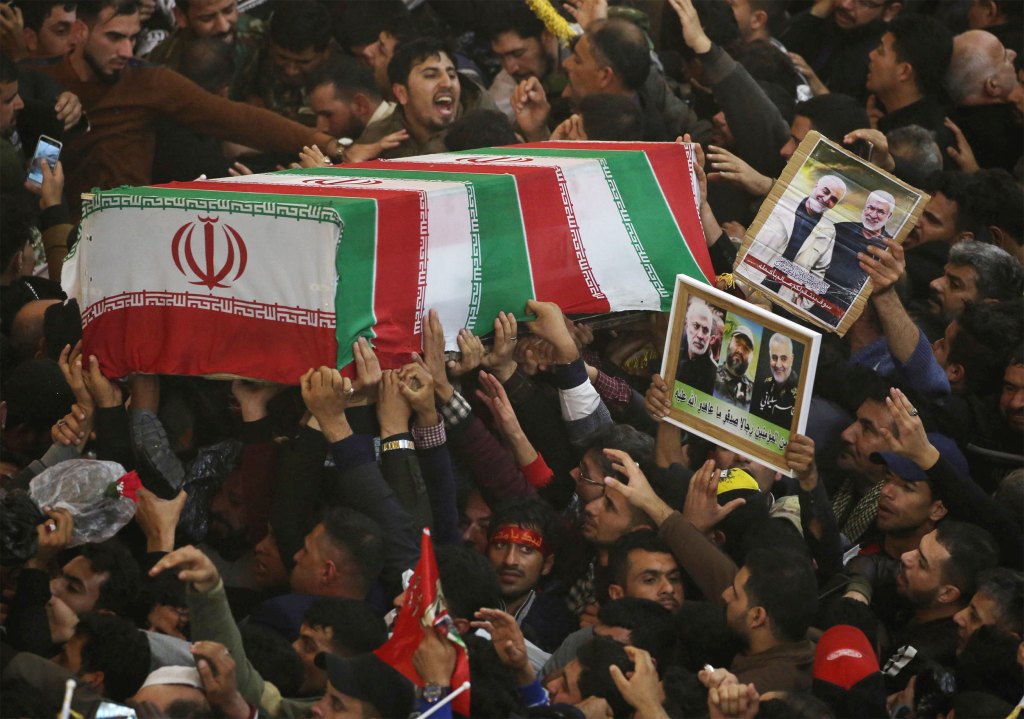
-
Unlearning racial bias
Miao Qian, a postdoctoral research fellow with the Inequality in America Initiative, studies the development of implicit racial biases in children to understand better how and when unconscious prejudices and stereotypes form in the brain.
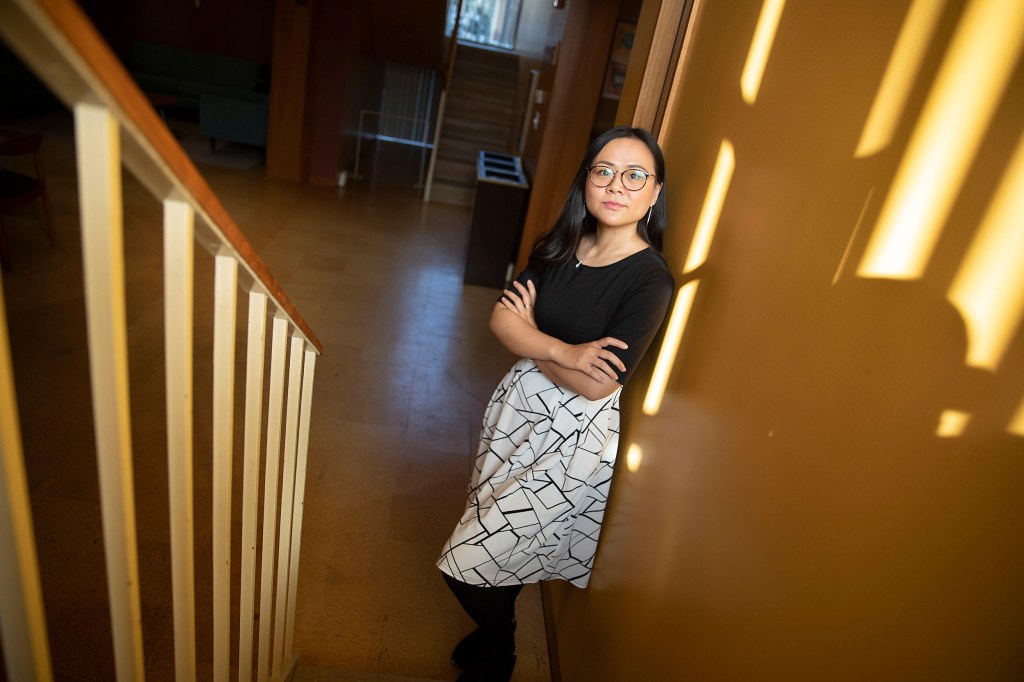
-
From a royal palace to ivy halls: A dissident’s view of the Arab Spring
Morocco’s Prince Moulay Hicham el Alaoui relinquished his title to press for democratic principles. In an Epicenter article, he assessed the Arab Spring.
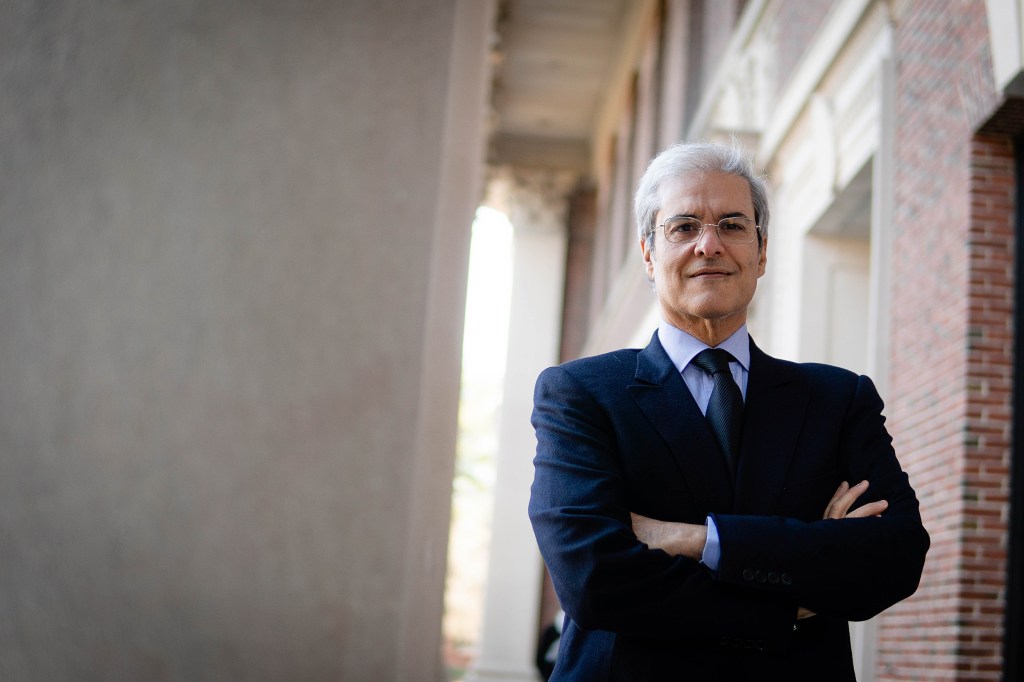
-
The legacy of the 2010s
Harvard experts recalling some of the biggest moments of the 2010s.
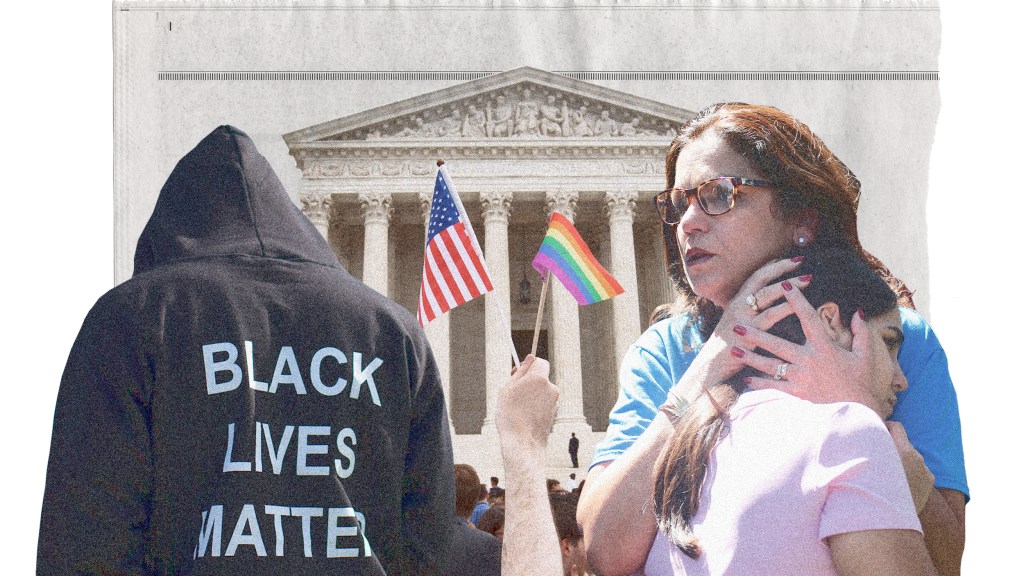
-
What weighed on us in 2019? ‘Climate emergency’
Harvard faculty reflect on 2019’s word of the year: “climate emergency.”

-
The rise of Vladimir Putin
Analysts look back at the unexpected rule of Russian President Vladimir Putin, now 20 years in power.
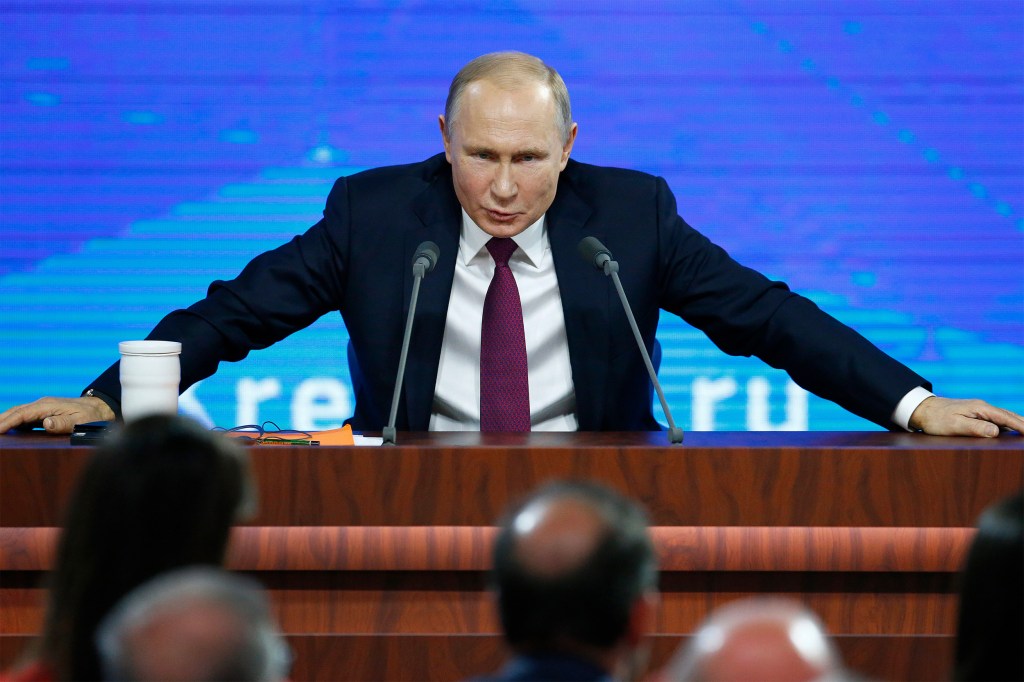
-
Impeachment: What this means, where this leads
To gain a better understanding of the issues in play following the House impeachment of President Donald Trump, the Gazette asked Harvard faculty and affiliates in history, law, politics, government, psychology, and media to offer their thoughts.
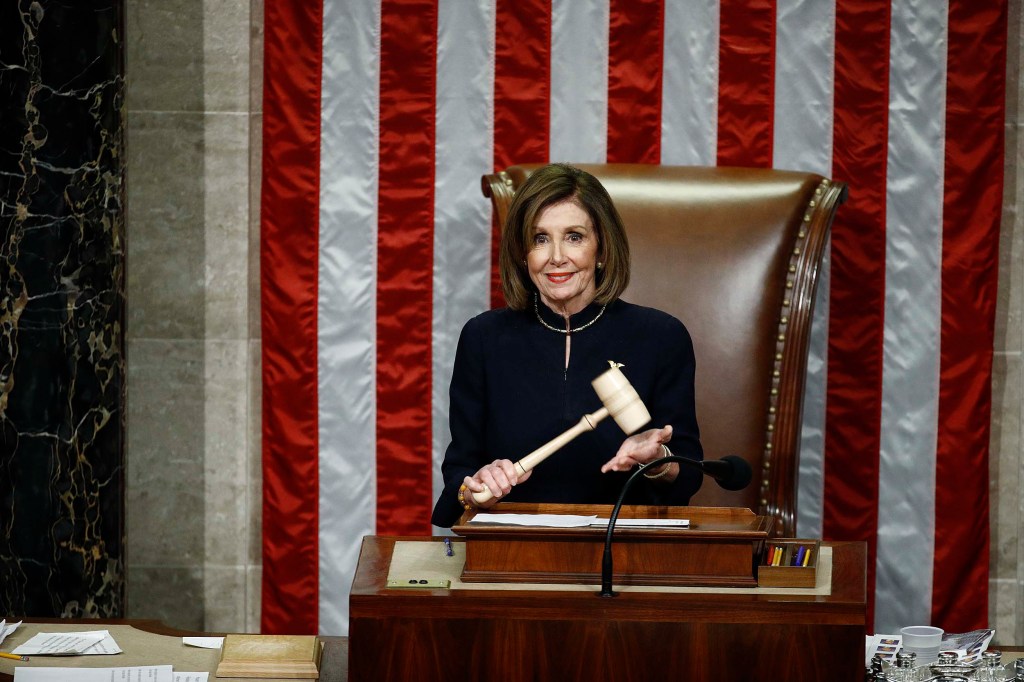
-
The hunt for a lost book of Moses
At a recent talk, Chanan Tigay offered listeners an enticing peek at his narrative, describing how he landed on the story of the mysterious manuscript.

-
Food for thought
Chef José Andrés discusses how food is connected to many other realms, from public health, to climate, to history, and even to moral philosophy.
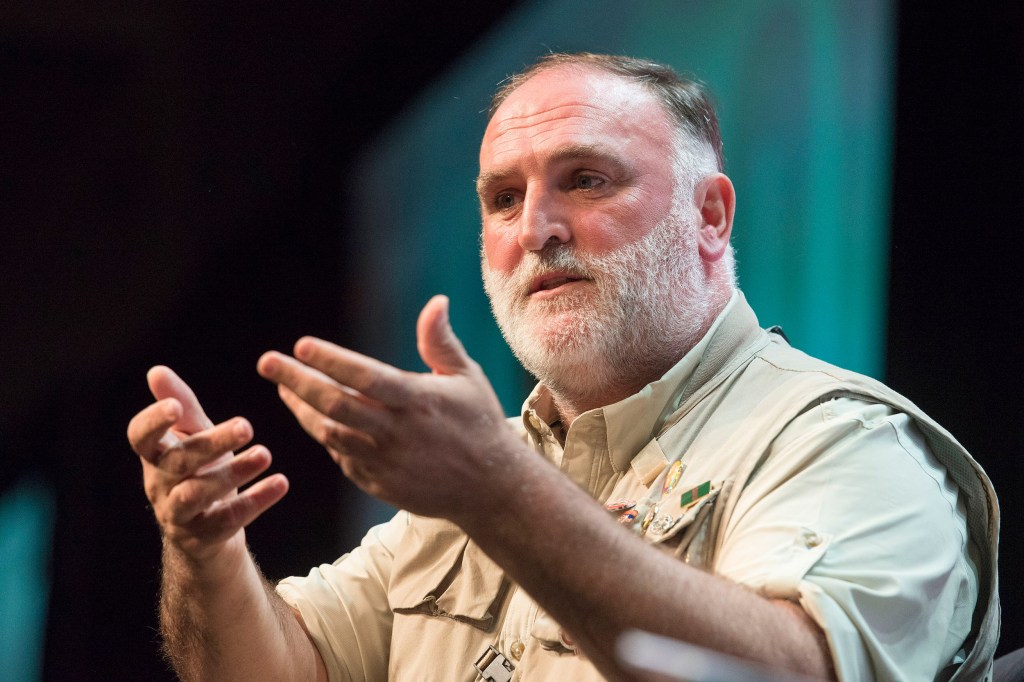
-
A plea for mercy
Martha Minow discusses her book, “When Should Law Forgive?,” in which she argues for more forgiveness in the law.
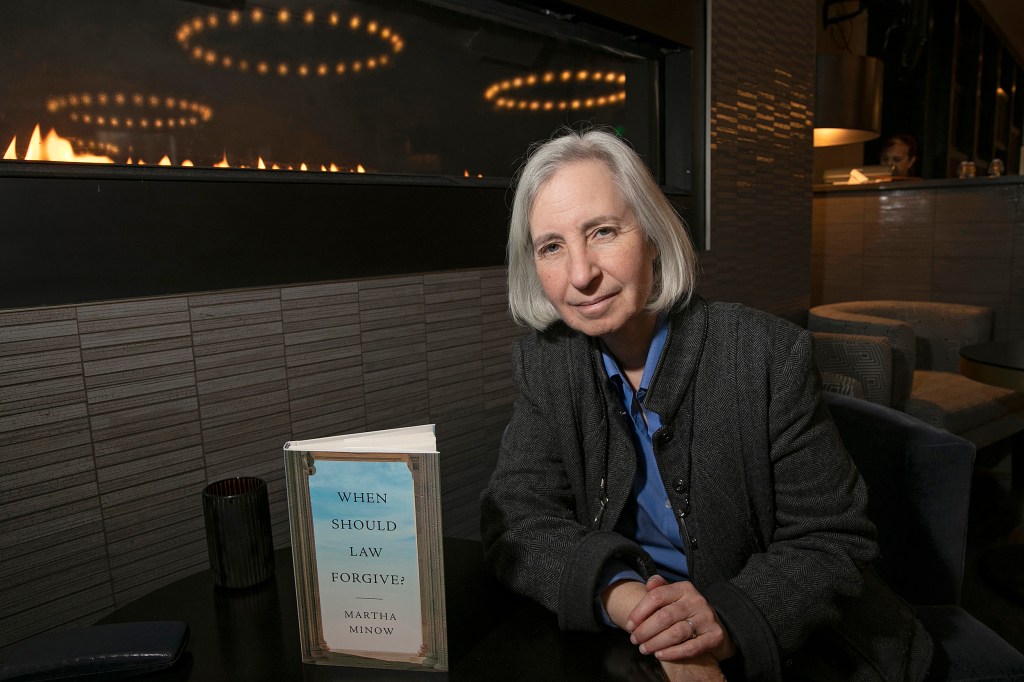
-
Twitter and the birth of the 1619 Project
Nikole Hannah-Jones of The New York Times and Harvard Professor Henry Louis Gates Jr. discuss the newspaper’s landmark 1619 Project, which commemorates the 400th anniversary of slavery and reconsiders the historical record.
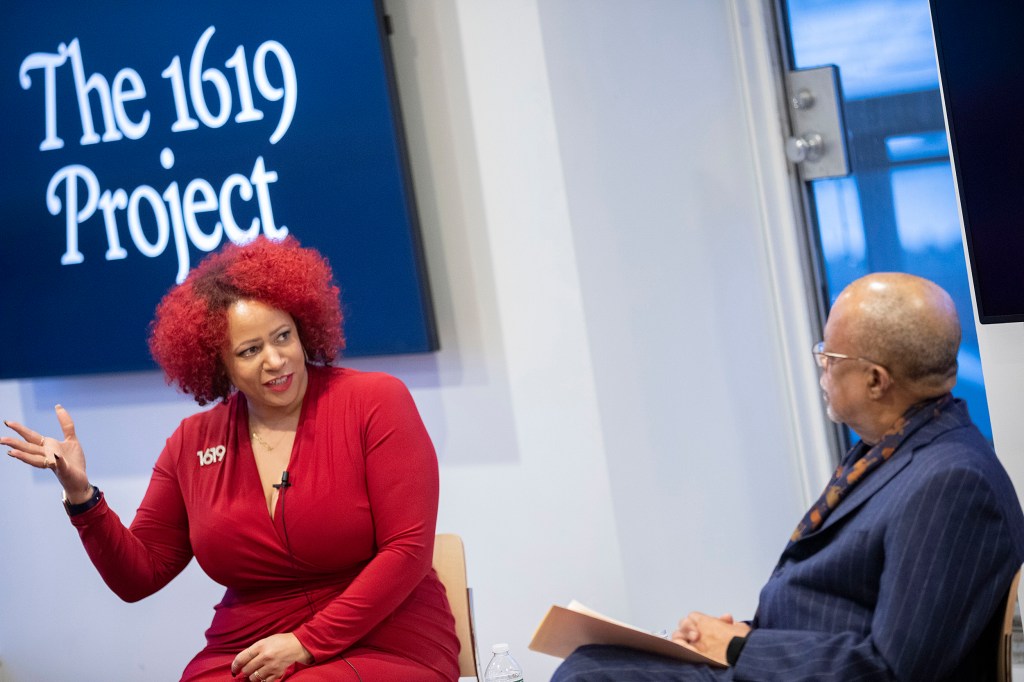
-
Can this union be saved?
In a country more fractured than ever, Harvard Professor Danielle Allen, The Atlantic editor Jeffrey Goldberg, and writer Adam Serwer discuss what it will take to bring our democracy back together.
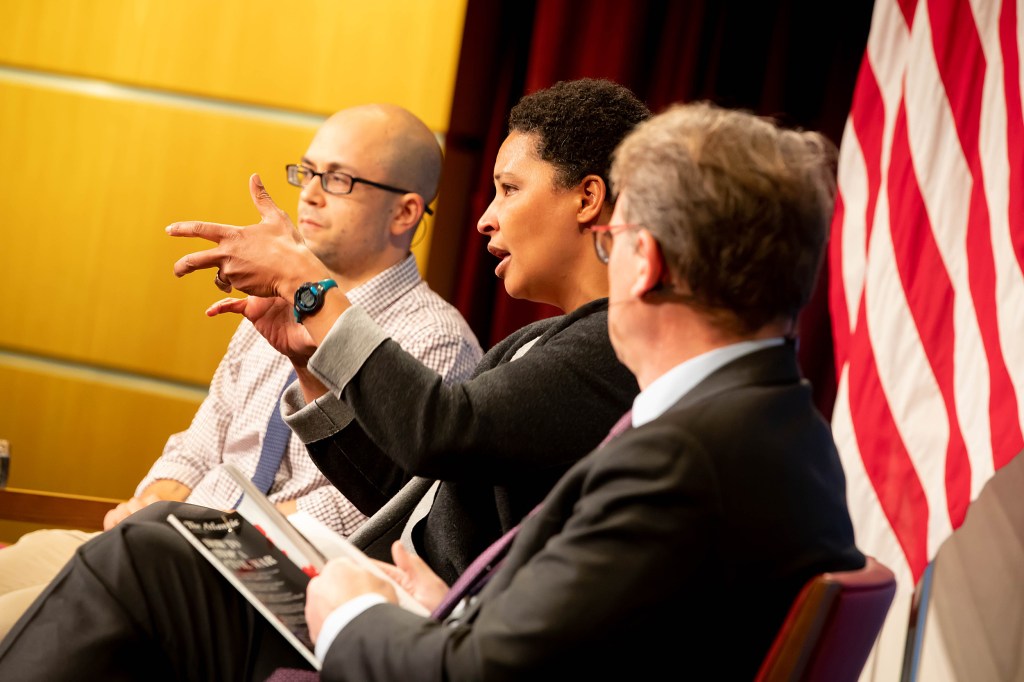
-
Breaking the barrier
Rebecca Scofield is writing a more complete history of the American West that includes the rich tradition of gay rodeos

-
Science of success
Harvard University doctoral candidate Kayla Davis is combating a STEM crisis in Oklahoma through an online educational resource.
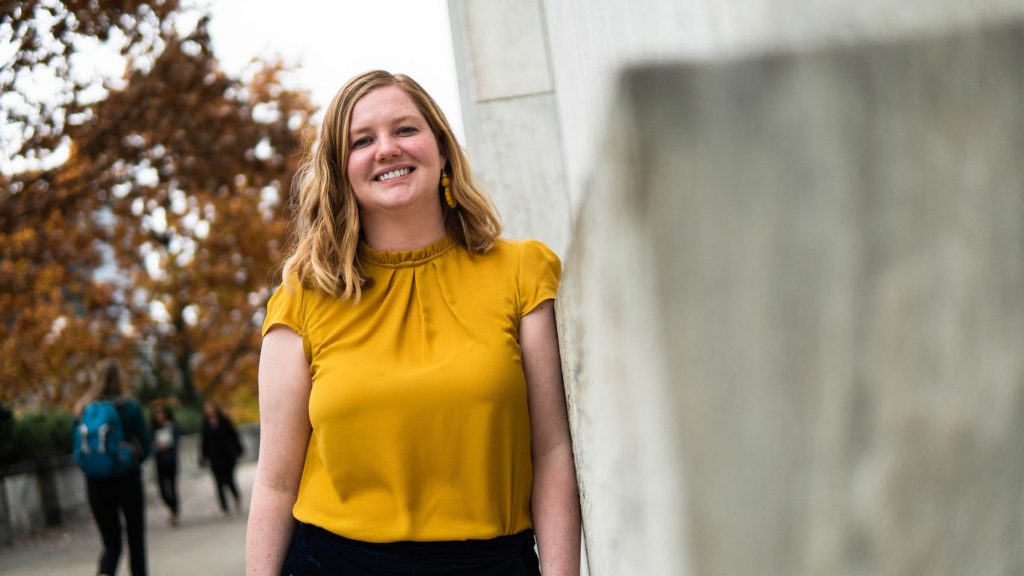
-
Cryptocurrency and national insecurity
In a simulation, North Korea has just tested a missile that will soon be capable of delivering a nuclear warhead to the continental U.S. The move took Washington by surprise as the project was likely funded via a new Chinese digital currency.
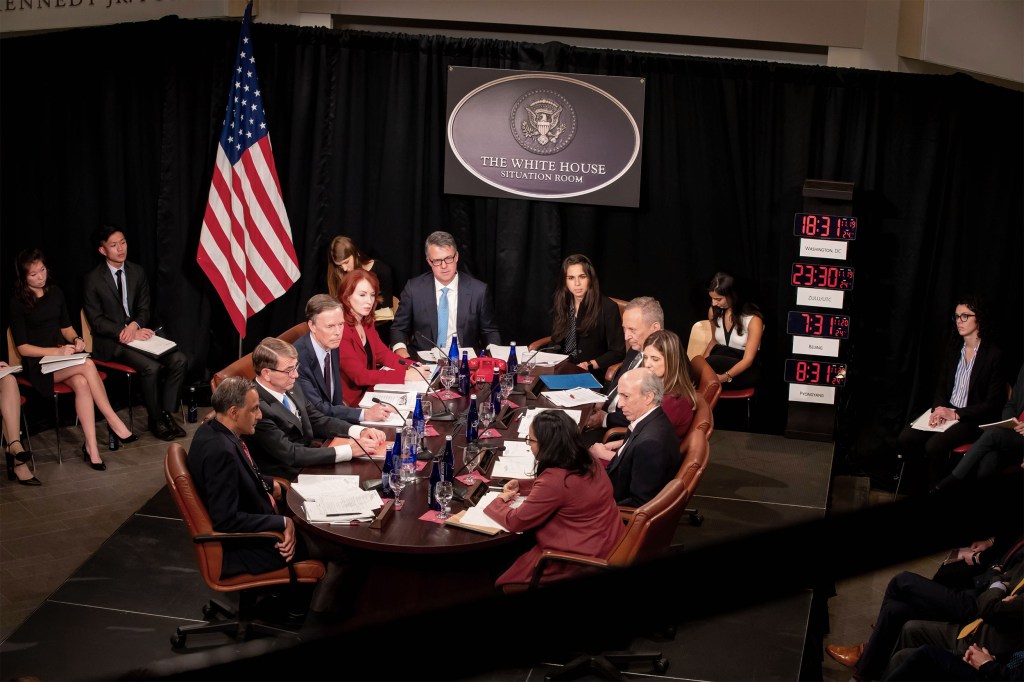
-
Home improvements
Harvard College student Jason Lam spent the summer after high school promoting affordable housing in his home state of New Jersey, and ended up finding a career path.
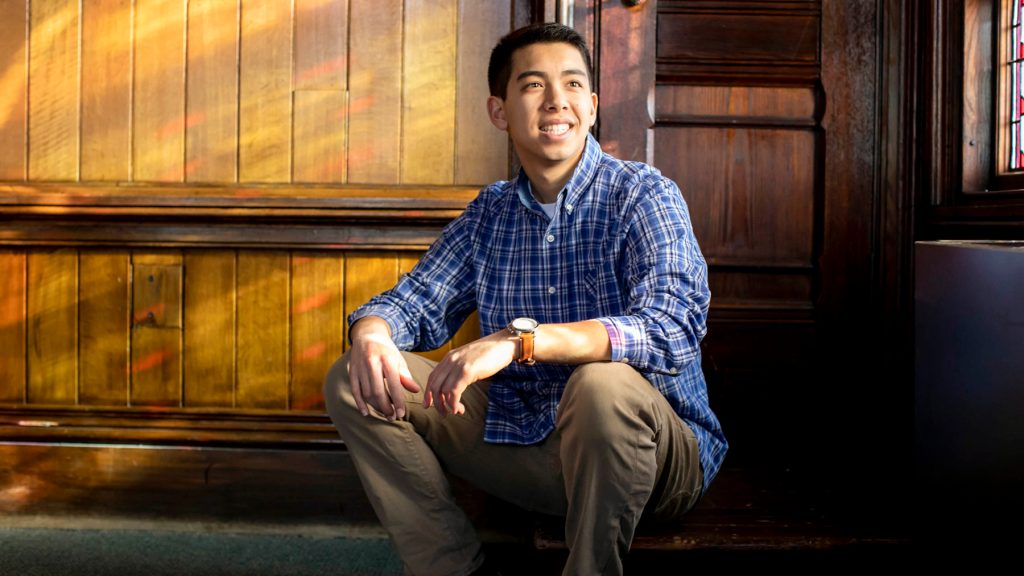
-
Need for a ‘remodeling’ of democracy, capitalism
With populism’s rise and the U.S. retreat, Poland’s former President Lech Walesa comes out of semi-retirement to urge the U.S. to retake its leadership post and to pass the torch to the next generation of activists.
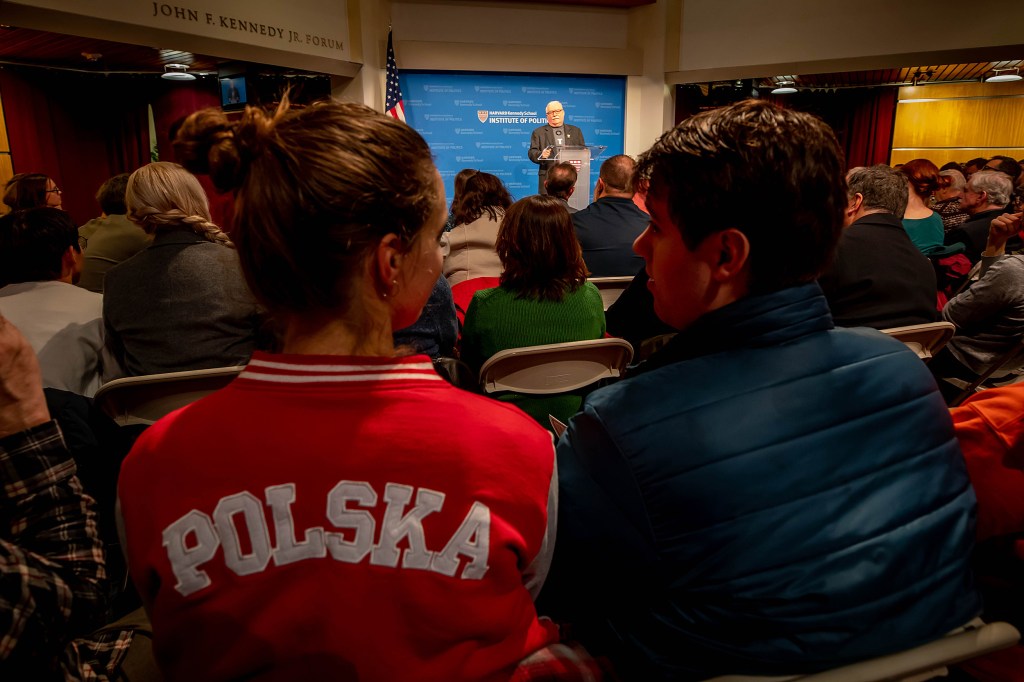
-
Young voters found more pragmatic than progressive
Harvard Institute of Politics national youth poll finds important divides emerging between general election and Democratic primary voters on ending private insurance, electoral college reform, and gun control.
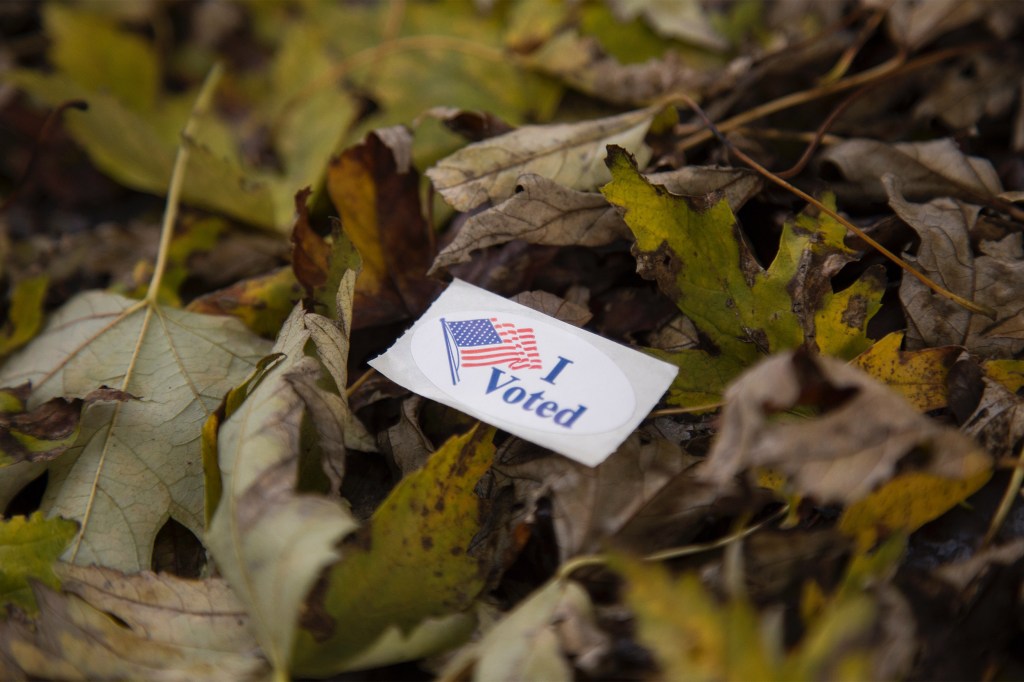
-
Taking your kid’s sport too seriously
Richard Weissbourd, a senior lecturer at the Harvard Graduate School of Education, discusses the problem of angry parents in sports and possible solutions.

-
Spatial awareness
Harvard University professor Daniel D’Oca is helping St. Louis residents become the city’s best asset for fighting inequality.
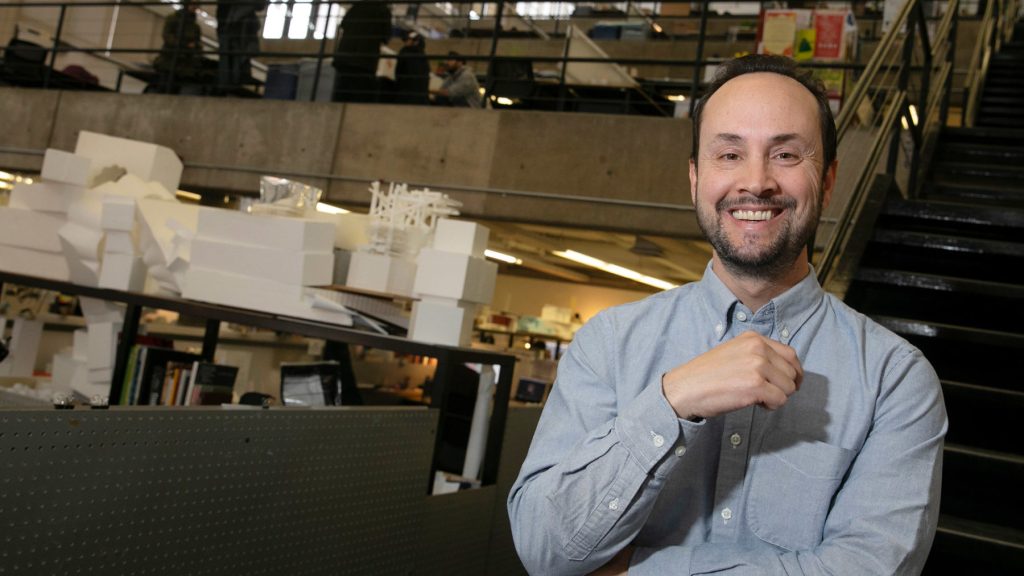
-
Where the new day begins
Harvard University graduate student Kristin Oberiano is writing a history of Guam inclusive of all who call it home.
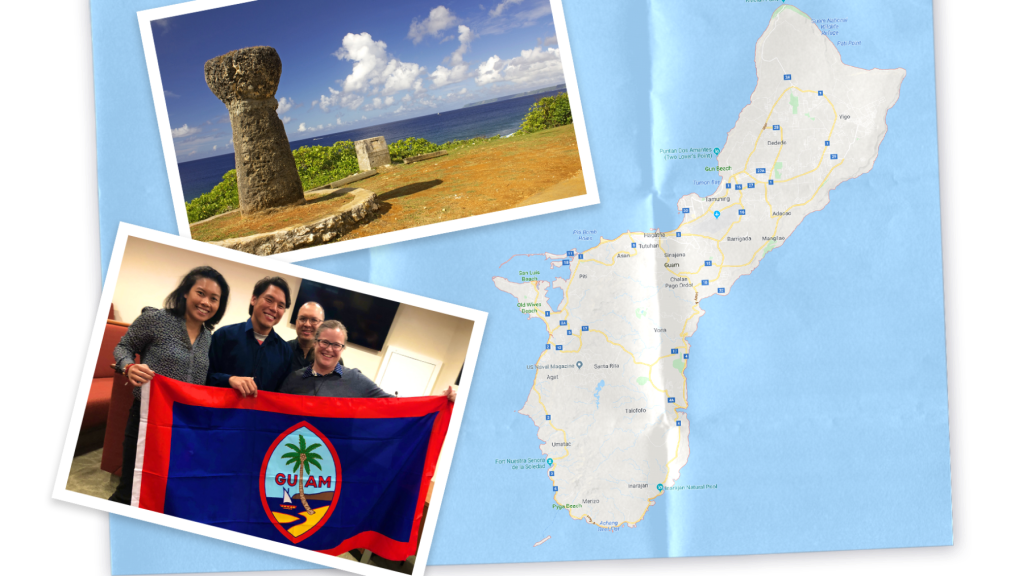
-
Rise in social mobility of DACA recipients
Harvard Professor Roberto Gonzales talks about the findings of his report, the impact the Deferred Action for Childhood Arrivals (DACA) has had on the lives of thousands of young people who have benefited from it.
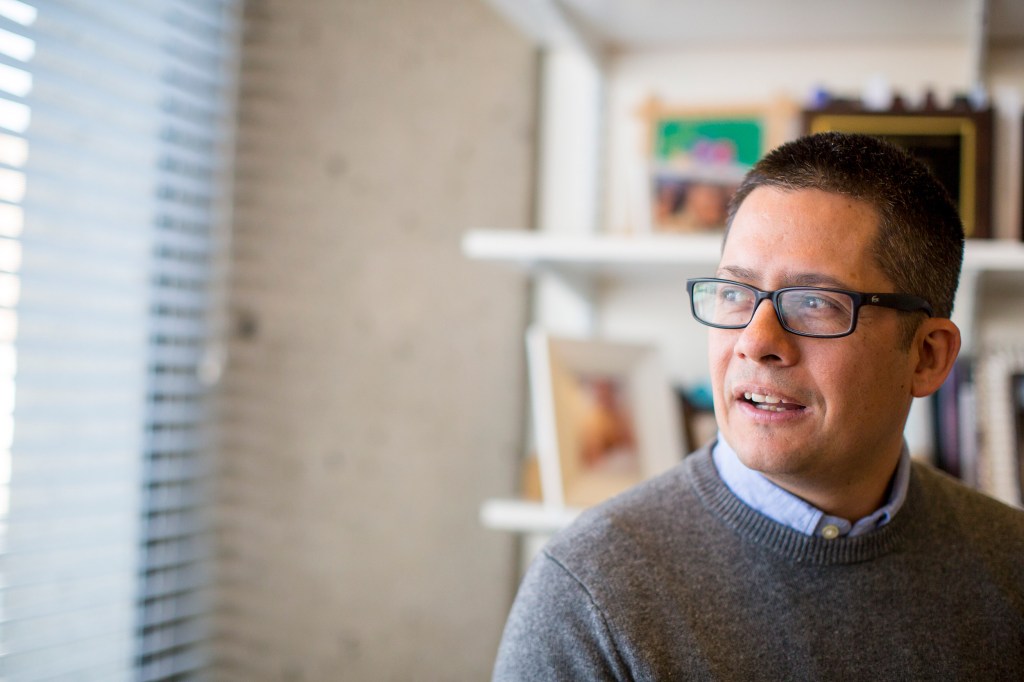
-
Brokering an opioid settlement
Alexandra Lahav, a fellow at Harvard’s Radcliffe Institute, explains how a global settlement could handle the more than 2,000 lawsuits filed against drug companies and distributors.

-
Targeting incest and promoting individualism
Harvard Professor Joseph Henrich and a team of collaborators researched how a Roman Catholic Church ban in the Middle Ages loosened extended family ties and changed values and psychology of individuals in the West.
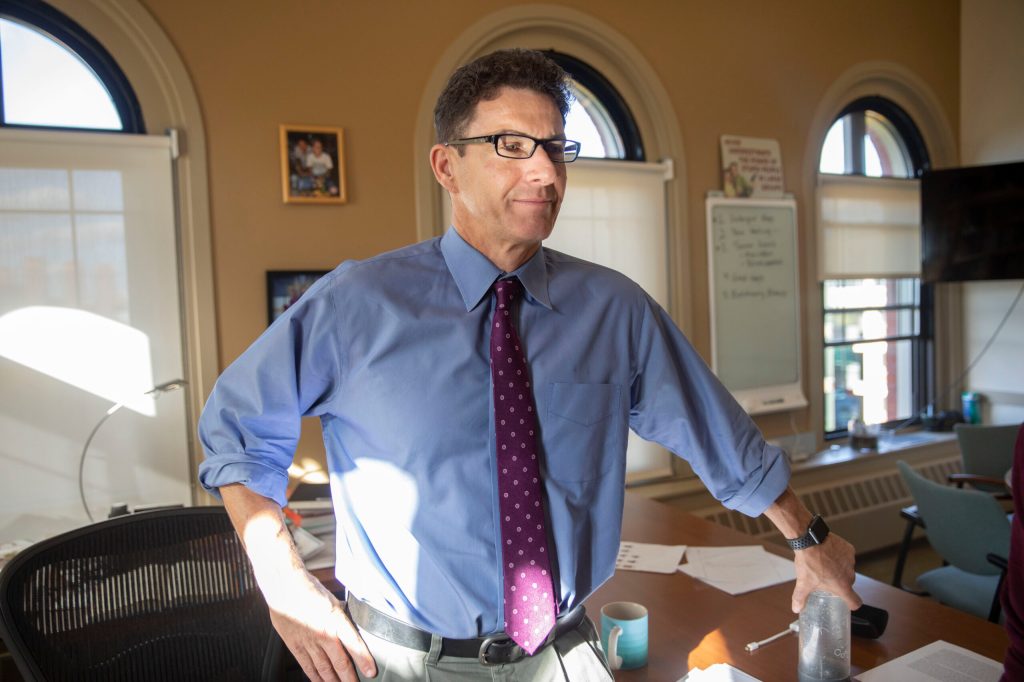
-
Our unrepresentative representative government
In his new book, “They Don’t Represent Us: Reclaiming Our Democracy,” Lawrence Lessig writes about the issues undermining American democracy, such as big money in politics, gerrymandering, vote suppression, and the inequities of the Electoral College system.
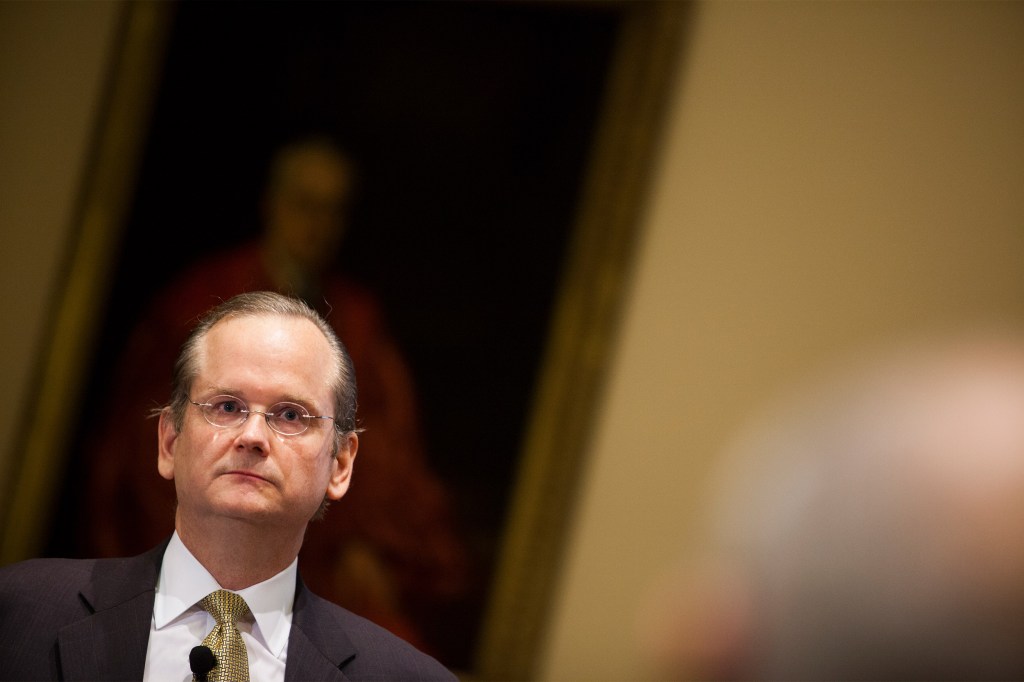
-
Angela Davis looks back
In a wide-ranging conversation Tuesday afternoon, activist Angela Davis reflected on a range of topics, from how music and art can help transform and create community to the challenges of talking about race in America to the need for prison reform.
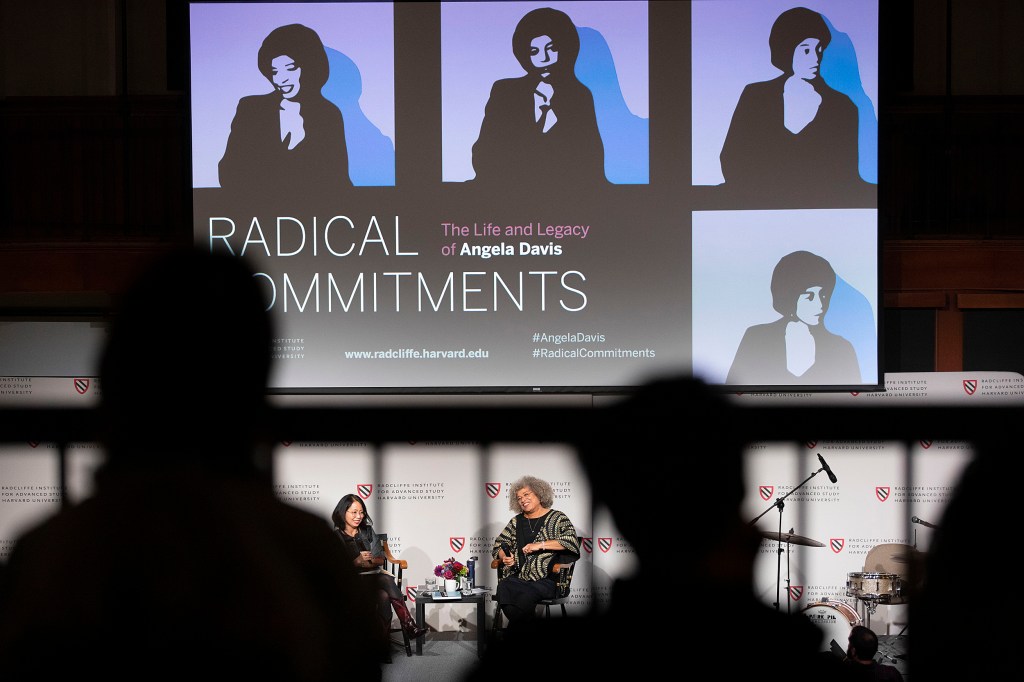
-
American foreign policy in flux
Former career Ambassador Victoria Nuland, a top State Department expert on Russia, Ukraine, and Eurasian affairs, discusses the chaos in Syria, Putin’s biggest fear, and what it was like to be “Patient Zero” of Russia’s phone-hacking attacks.
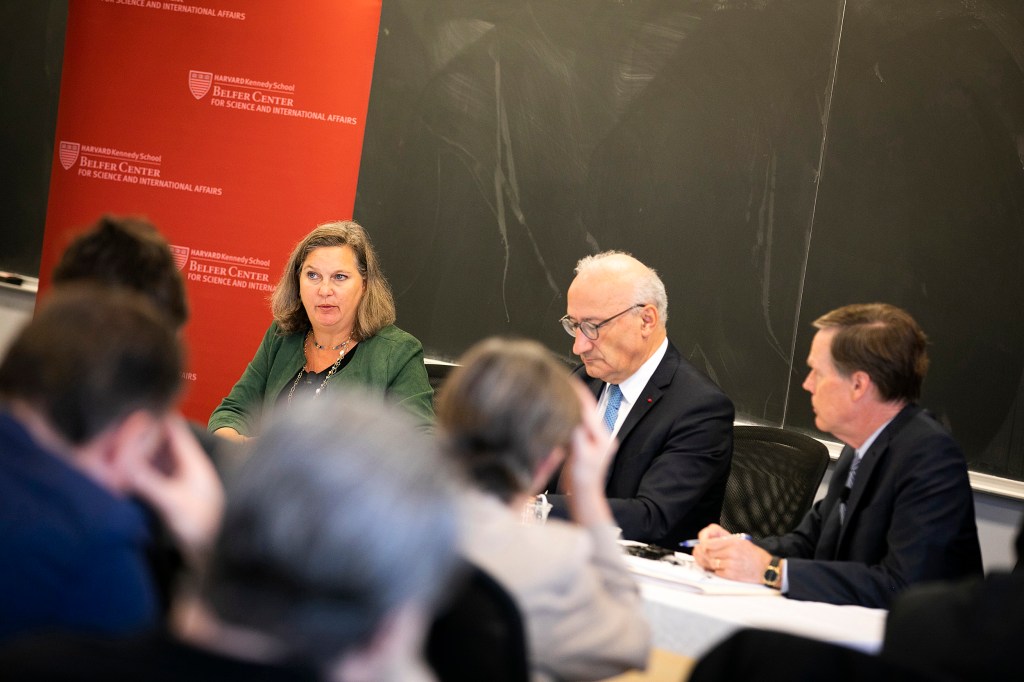
-
How slavery still shadows health care
“400 Years of Inequality” focused on how the effects of slavery have persisted, maintaining a basic disparity in health care.
